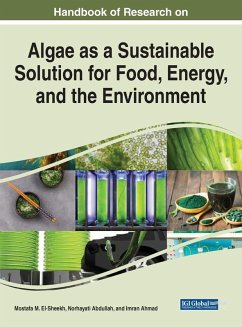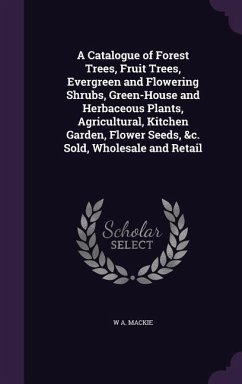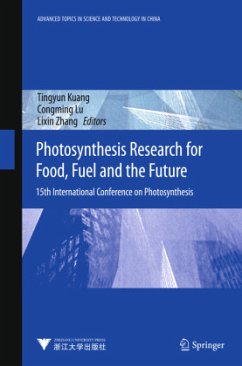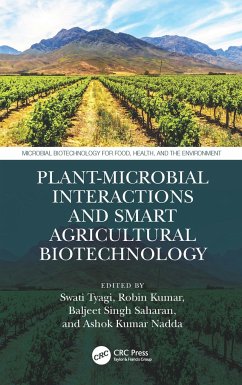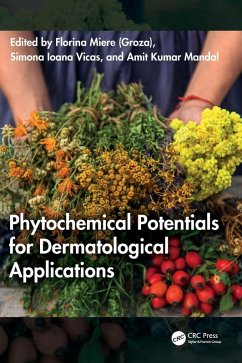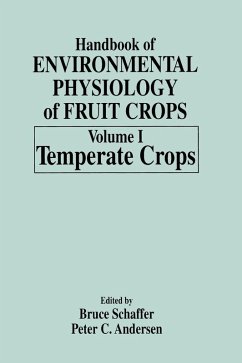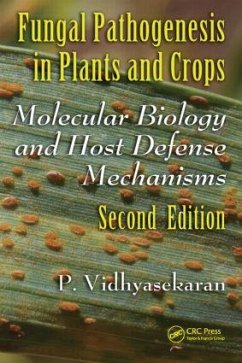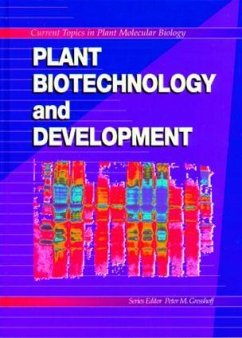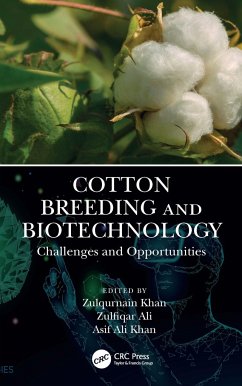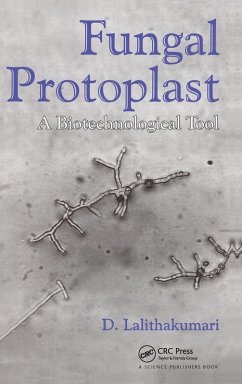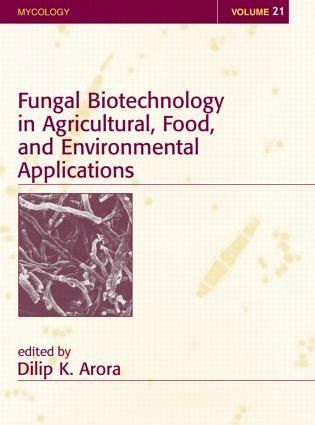
Fungal Biotechnology in Agricultural, Food, and Environmental Applications
Versandkostenfrei!
Versandfertig in 1-2 Wochen
399,99 €
inkl. MwSt.
Weitere Ausgaben:

PAYBACK Punkte
200 °P sammeln!
Contributions from 80 world-renowned authorities representing a broad international background lend Fungal Biotechnology in Agricultural, Food, and Environmental Applicationsfirst-class information on the biotechnological potential of entomopathogenic fungi and ergot alkaloids, applications of Trichoderma in disease control, and the development of mycoherbicides. Additional topics include fungal control of nematodes, control of plant disease by arbuscular mycorrhizal fungi, strategies for controlling vegetable and fruit crops, molecular biology tactics with mycotoxigenic fungi and the developm...
Contributions from 80 world-renowned authorities representing a broad international background lend Fungal Biotechnology in Agricultural, Food, and Environmental Applicationsfirst-class information on the biotechnological potential of entomopathogenic fungi and ergot alkaloids, applications of Trichoderma in disease control, and the development of mycoherbicides. Additional topics include fungal control of nematodes, control of plant disease by arbuscular mycorrhizal fungi, strategies for controlling vegetable and fruit crops, molecular biology tactics with mycotoxigenic fungi and the development of biofungicides, production of edible fungi, fermented foods, and high-value products like mycoprotein.




